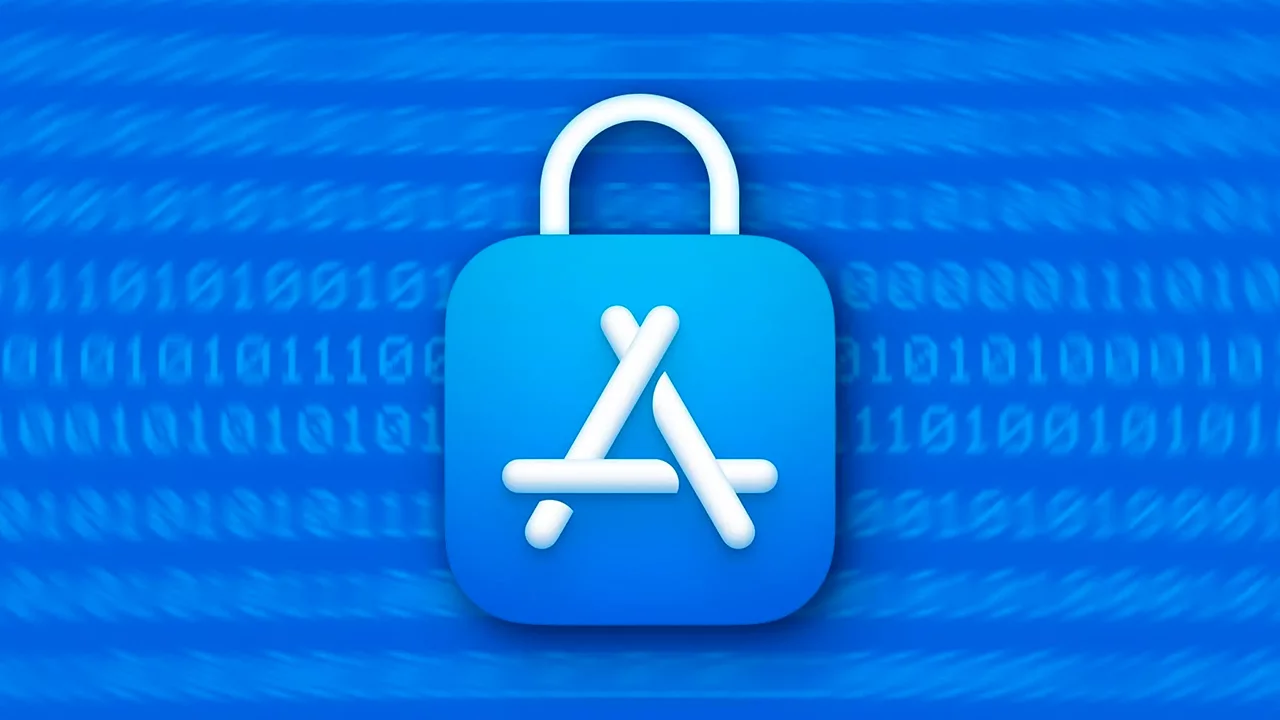In Nokia’s 2021 Threat Intelligence Report, Android devices made up 50.31% of all infected devices.
Apple is continuing to reject looming antitrust legislation in the United States that could make major changes to the App Store.
A letter sent by the Cupertino company to the Senate Judicial Committee specifically argues that Apple’s anti-sideloading stance is “groundless, false and dishonest.”
This letter from Apple to the Senate Judiciary Committee is dated March 3 and signed by Timothy Powderly, senior director of government affairs. The letter was sent in response to accusations by cryptographer Bruce Schneier, who told lawmakers that Apple’s security issues related to sideloading were “unfounded. “
In his own letter to the Senate Judicial Commission, sent in January, Schneier wrote:
I would like to address some of the unfounded safety concerns raised about these bills. It is simply not true that this legislation puts the privacy and security of users at risk. In fact, it is fairer to say that this legislation puts those companies’ extractive business models at risk. Their claims about privacy and security risks are both false and misleading and motivated by their own interest and not the public interest.
In the letter, Apple explains that Schneier’s allegations are “particularly disappointing” and show that “even talented technical professionals” can confuse sideloading issues:
Given our general esteem for Mr Schneier, these allegations are particularly disappointing. In our experience, the work of providing state-of-the-art security and privacy to a modern computing platform on a scale of billions of devices is among the most enormously complex and demanding engineering and technical policy activities, and much of that work remains easy to do. misunderstand. Schneier’s letter points out that even talented technical professionals if they haven’t worked on key issues in this space, can misunderstand.
Throughout the letter, Apple points to a number of different examples of third-party app stores containing malware-infected apps and apps that pull user data. One of the examples cited by the company focuses on the Android ecosystem:
In the Android ecosystem, which has 50 times more malware than iOS, Nokia found that “the fact that Android apps can be downloaded virtually anywhere is still a big deal, as users are free to download apps from third-party app stores. parts, where many of the applications, although functional, are trojanized.
The letter continues:
In Nokia’s 2021 Threat Intelligence Report, Android devices made up 50.31% of all infected devices, followed by Windows devices with 23.1% and macOS devices with 9.2%. iOS devices made up such a small percentage that they could not even be identified, being instead grouped into “other”. We consider this a triumph in protecting our users, and it would never have been possible without the industry-leading last line of defence in the security controls of our devices, working in tandem with the frontline security and privacy protections we provide to our devices. our users through the App Store.
As expected, Apple also cites a number of protections offered by the App Store, including the review process, transparency of app tracking, and nutrition privacy labels. None of these would be possible with third-party app stores, the company says.



Recent Comments